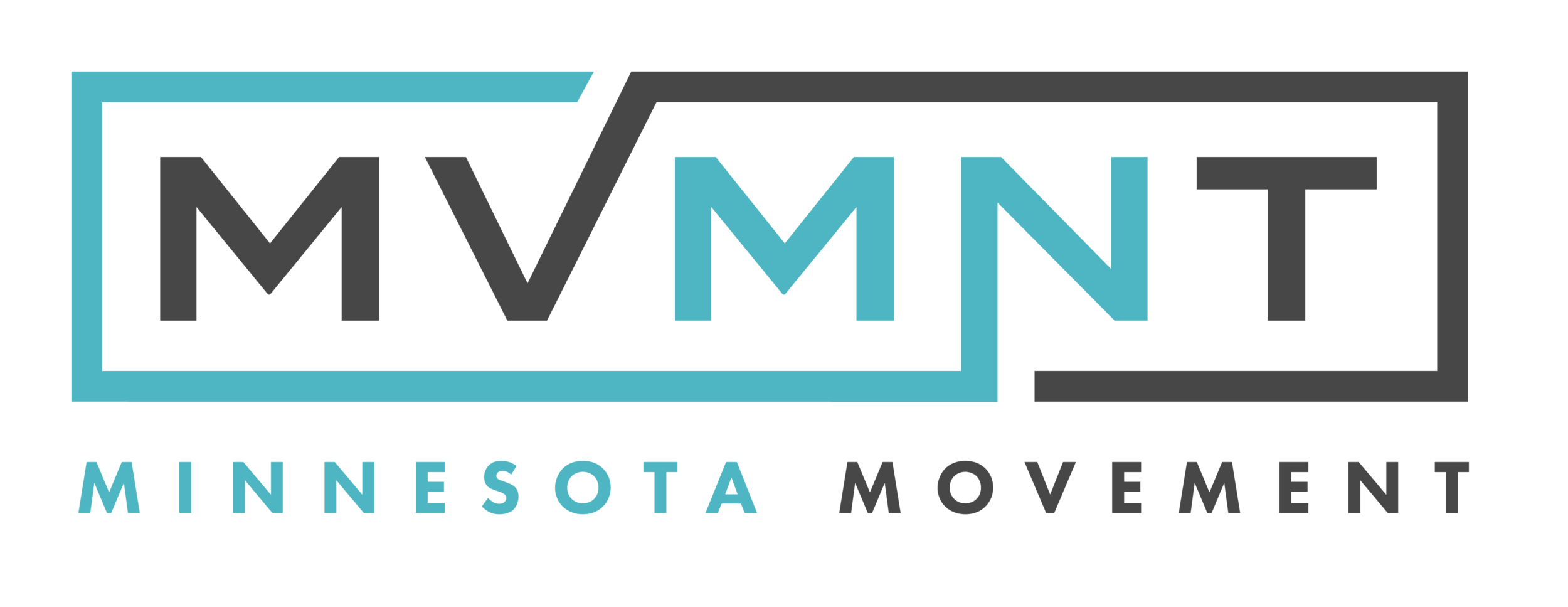Creatine / What is it? Who should take it? Why should we take it?
Fad vs. Fiction vs. Fact
Creatine is becoming a more commonly utilized supplement and currently has a lot of buzz around it. Especially within the fitness and wellness community but even in the ‘common consumer’ world too. This buzz can come with a BUNCH of opinions (solicited or not) surrounding this supplement as well.
Let’s dive in and figure out what exactly creatine is, what it does for us and if it is even worth implementing into our systems and routines.
What is Creatine?
Creatine, in the most basic explanation possible, is a native molecule that provides energy to muscles so that they can contract/flex/engage. It comes from amino acids (building blocks of protein) which means you can get it through diet as well as your body producing a certain amount of it for you. There are numerous citations that claim that we do not currently get enough in our diet (average American Diet) which is where supplementation with Creatine Monohydrate comes into play.
What is the Creatine Supplement (Monohydrate)?
The way we are going to look into creatine today is in the form of creatine monohydrate. This is what the people on instagram are talking about and it is the most common supplement form of creatine. It’s also the most studied form of supplementation too! Which is great, becuase there is loads of research on it’s uses. In fact, creatine monohydrate has been said to be the most studied supplement ever. That’s great news for the common consumer becuase that means it has been through the rigorous testing and is considered safe for most people to take.
Why would we supplement creatine?
Most people supplement with creatine to increase muscle growth (size) and strength performance. This is commonly seen in body builders, power lifters and other athletes looking for these key indicators of what we’d classically think of as athletic. However, there is more and more information coming out with the benefits of creatine and brain function. Specifically with neuroplasticity (old dog learning new tricks) in elderly individuals and in helping with anxiety and depression symptoms.
Are there any risks to taking creatine?
Spoiler alert: not really. That said, there have been some suggestions in research that creatine supplementation can alter kidney function and lead to kidney damage. However, when taken in regulation and for those who do not have a history of kidney disease or kidney problems, supplementing at the correct dosage should not cause any issues in healthy individuals. Just like any supplement, it is always wise to consult with a healthcare provider prior to starting supplementation.
Who should avoid creatine?
The following individuals are often recommended to avoid taking creatine:
Pregnant women
Those with diabetes
Those with pre-existing kidney conditions
Those with Bipolar Disorder
Should I be taking it?
This completely depends! There are a myriad of up-sides to taking creatine and very few risks. So yes - it can be worthwhile depending on your goals and individual health. As stated previously, you can get creatine through meat and dairy sources if we’re looking at maintaining normal levels. But if your goals are muscle hypertrophy and potentially even the chemical-neurological boosts - then it is worth adding in. These mental health benefits can be worthwhile completely independent from the muscular benefits for some people. Absent any creatine supplementation, you can absolutely still get sufficient muscle growth through the traditional model of progressive overload training which many of our providers offer and would be happy to help talk you through what you need and what would benefit you the most!


